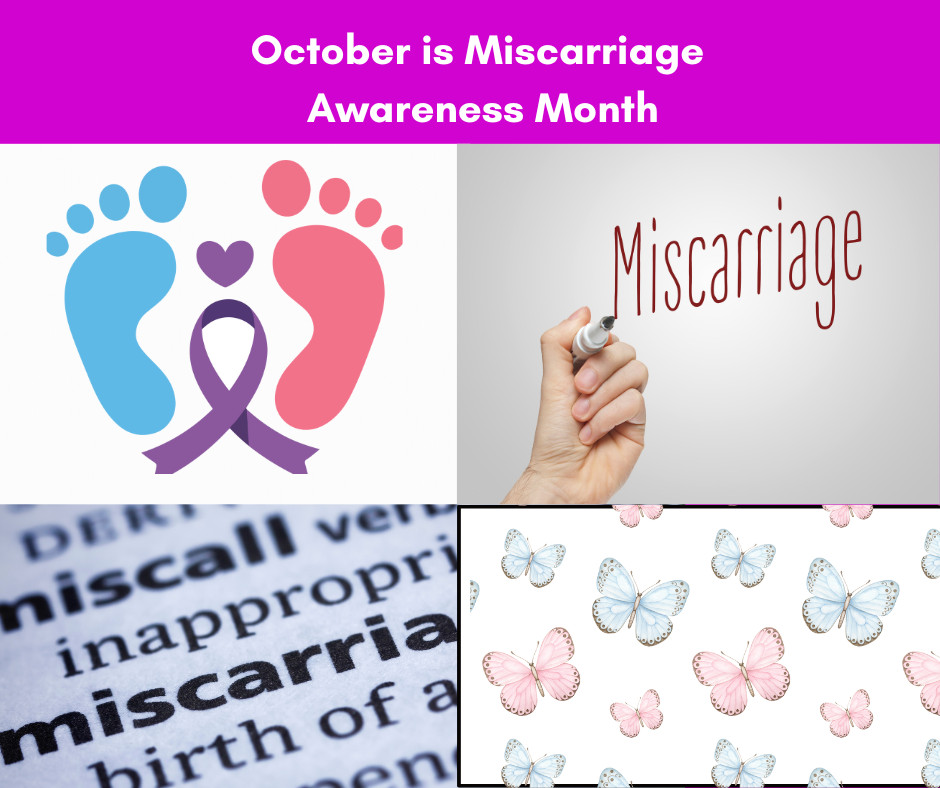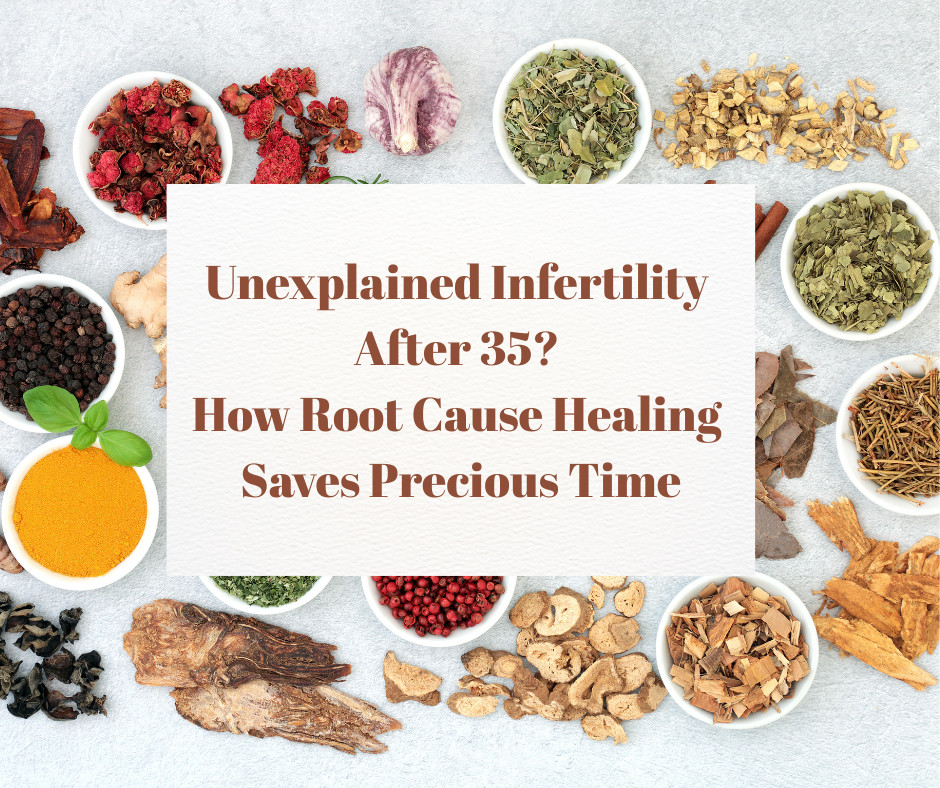
Miscarriage is unfortunately a common experience, with one in four pregnancies ending in miscarriage. But it's often a topic that people feel uncomfortable talking about. If you've had a miscarriage and are struggling to understand how to prevent another one, this blog is for you. It offers some advice on what to talk to your doctor about if you're experiencing recurrent loss or infertility.
Many people (and doctors) don’t give much though to why a woman miscarries and will often muse that “there must have been something genetically wrong”. While this is true 50% of the time, what about the other 50%? Also remember, when we say 50% of the time many, many women DON’T test the fetal tissue for DNA issues at the time of the miscarriage so that number might not be accurate at all.
Some doctors will also INSIST that you have three or more miscarriages before you start to question if the miscarriage is being caused by an external or controllable factor. If you have experienced even one miscarriage you know how devastating it is to you and your partner. If a doctor suggests a wait and see approach I would get a second opinion or look for another practitioner.
Here are some common conditions that are known to cause miscarriages
1) Infection such as urea plasma, bacterial vaginosis (BV), group B strep (this list is not comprehensive but will give you a place to start a conversation with your doctor about vaginal biome testing
2) Hormone irregularities such as improperly treated thyroid or progesterone
3) Clotting disorders that cause Improper/inability to implant factor 5 leiden for example
4) Uterine abnormalities of the structure such as septate uterus and bicornuate uterus or fibroids that distort the shape
5) Toxins-There’s so much to say here but it’s a recognized fact that toxins can cause hormone disruption and miscarriage.
6) Auto-Immune issues such as antiphospholipid syndrome (APS), Lupus
Miscarriage is not your fault. The purpose of this list is NOT to shame you but to educate and empower you to know that there are tests that are OFTEN overlooked and possibly prevent another tragic loss. Find a provider with whom you can have a great collaborative relationship with so that you KNOW that you and your future baby are in good hands.

















0 Comments